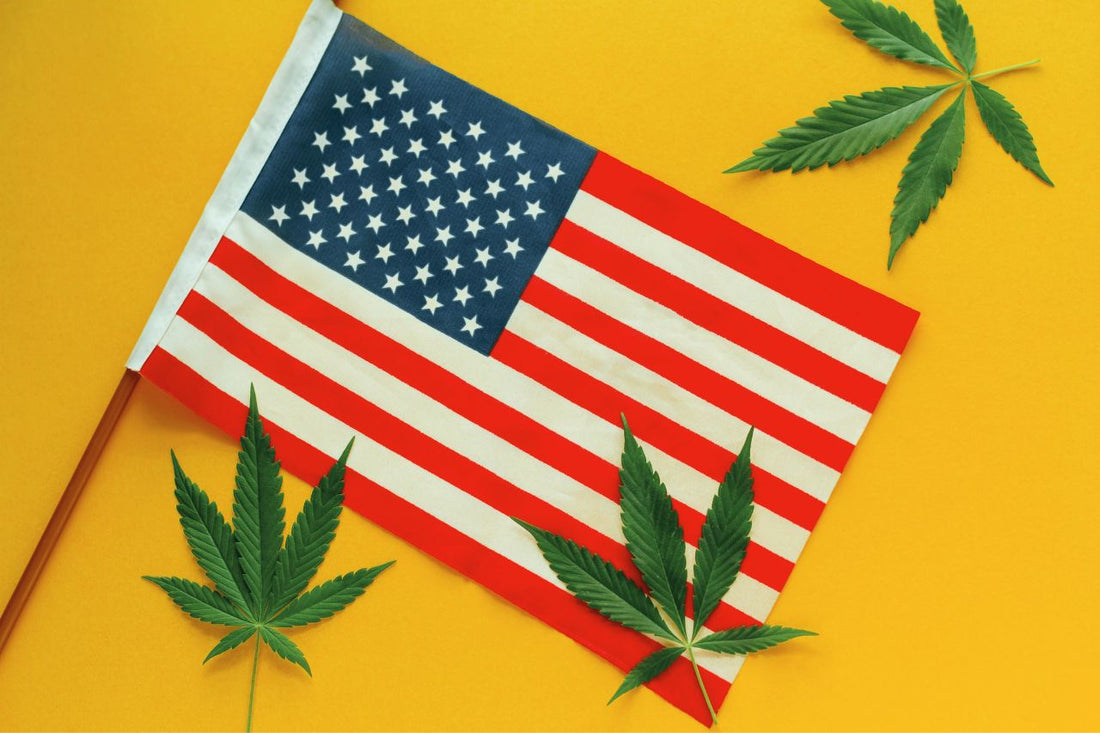A pivotal moment in U.S. cannabis policy
The United States is at a crossroads when it comes to cannabis legalization. While many states have already legalized the substance for medical or recreational use, federal law remains a significant barrier. However, recent developments suggest that U.S. health authorities are considering reclassifying cannabis, potentially paving the way for federal legalization.
The controlled substances act: A brief overview
The Controlled Substances Act (CSA) is the federal drug policy under which the manufacture, importation, possession, use, and distribution of certain substances are regulated. Cannabis is currently classified as a Schedule I drug, the most restrictive category, which hampers research and medical use.
Health authorities take action: A request for reclassification
The U.S. Department of Health and Human Services (HHS) has recently requested the Drug Enforcement Administration (DEA) to consider reclassifying cannabis. This move could see cannabis moved from Schedule I to Schedule III, significantly changing how the substance is regulated and opening up new avenues for research and medical use.
Health authorities take action: A request for reclassification
The U.S. Department of Health and Human Services (HHS) has recently requested the Drug Enforcement Administration (DEA) to consider reclassifying cannabis. This move could see cannabis moved from Schedule I to Schedule III, significantly changing how the substance is regulated and opening up new avenues for research and medical use. For more details, you can read the official recommendation by HHS.
Implications for medical research
- Increased funding and grants for cannabis research.
- Greater focus on the medical benefits of cannabis, including its potential in treating chronic pain, epilepsy, and other conditions. CNBC provides an in-depth look at what this reclassification means.
- More robust clinical trials to determine the efficacy of cannabis-based treatments. Reuters discusses the potential for lower abuse and dependence.
Public health and safety: A new paradigm
Reclassifying cannabis could also have significant implications for public health and safety. It would allow for standardized regulations and quality control, ensuring that consumers have access to safe and effective products.
Economic impact: A boon for the industry
The potential reclassification of cannabis could be a significant economic driver. The cannabis industry has already shown promise in states where it is legal, providing jobs and tax revenue. Federal legalization could amplify these benefits on a national scale.
Political ramifications: A hot topic for 2024
With the 2024 presidential elections on the horizon, the issue of federal cannabis legalization is likely to be a significant talking point. Both Democrats and Republicans will need to clarify their stance on this issue, as public opinion increasingly leans towards legalization.
A watershed moment
The potential reclassification of cannabis by U.S. health authorities could be a watershed moment in the nation's drug policy. It opens the door for more comprehensive research, improved public health measures, and significant economic benefits. As the country gears up for the 2024 presidential elections, this issue is set to take center stage, making it an opportune time for policymakers to act.






